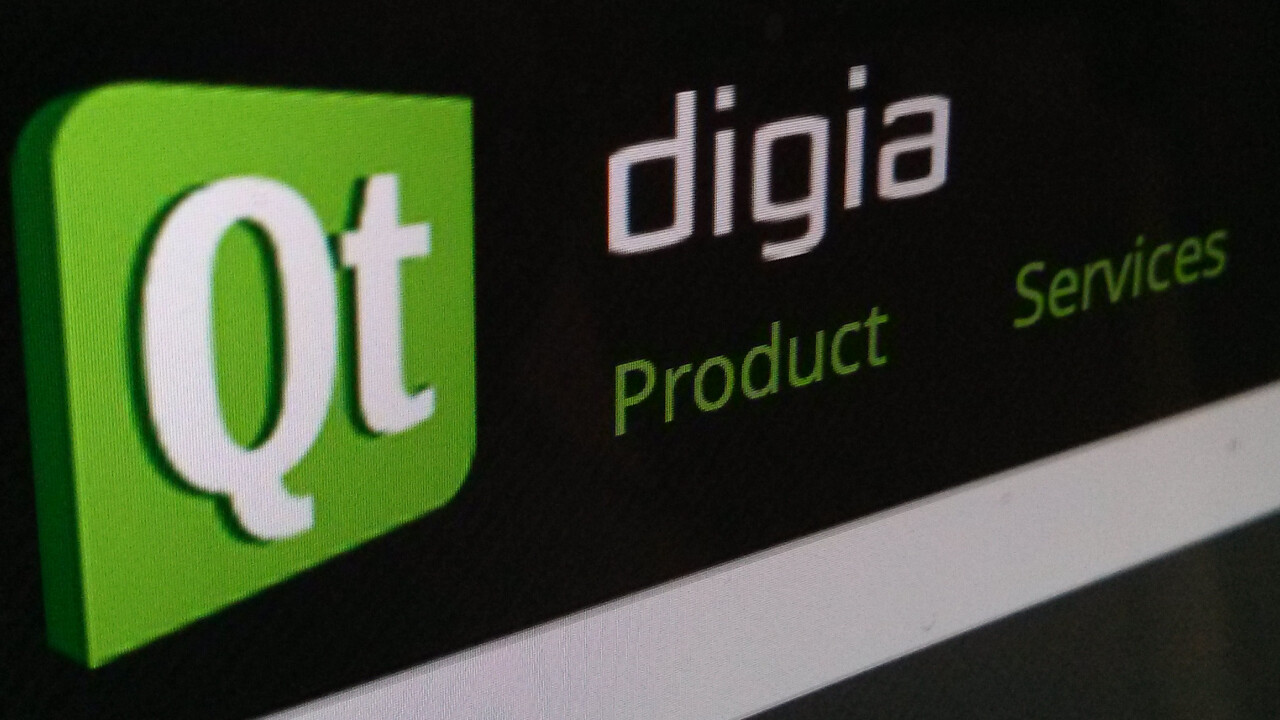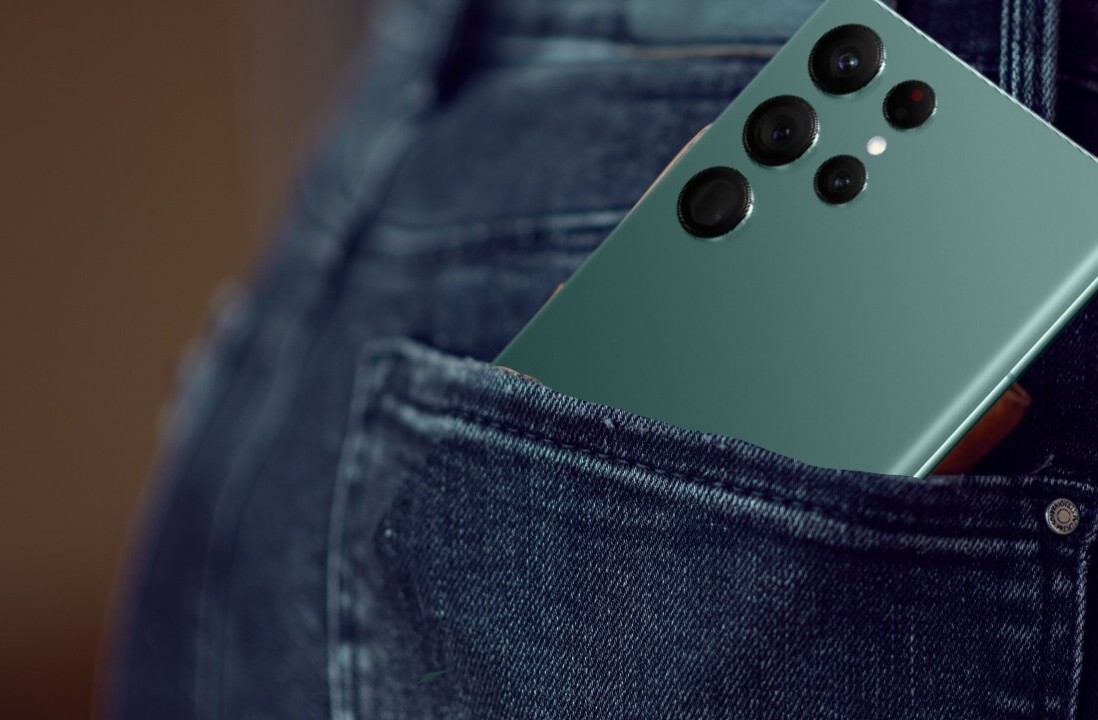
Finnish software and services firm Digia, which last year bought Qt from Nokia, has released version 5.2 of its cross-platform application framework. Among the additions is support for Android and iOS, a preview of Windows RT support, and the launch of a new Qt mobile edition package.
While Digia added preliminary support for Android and iOS with the release of Qt 5.1 in July, the company says it has made heavy improvements to Qt’s graphics capabilities and in the last six months has managed to finalize support of the ports for both operating systems.
Most APIs (including Qt Quick, Qt Sensors, and Qt Multimedia) are supported with Qt 5.2 on Android and iOS, though there are some exceptions: Qt WebKit is not (due to Apple’s App Store policies), and neither are Qt Bluetooth nor Qt NFC, but they will be implemented in a subsequent release.
With Android and iOS support, Digia says Qt is a “true player” in the mobile app development market, seeing as it also support BlackBerry, Sailfish/Jolla, and Ubuntu Mobile. In fact, Qt is now the native cross-platform development framework with the broadest support of operating systems in the mobile space, in addition to its even wider support of operating systems for desktop and embedded development.
Qt 5.2 should thus make it easy to take existing desktop or embedded applications and bring them to mobile phones or tablets. In this vein, Qt 5.2 also includes a Technology Preview of Qt for WinRT, showing that even more operating system support is on the way.
Digia is also introducing a Qt Mobile edition, a specially tailored package for mobile app developers. Yet that doesn’t mean the desktop has been forgotten; Digia has made multiple improvements around libraries and by bringing in platform-specific support through new modules.
The desktop changelog includes:
- Improved the Qt Quick Controls for the desktop and made it easier to integrate Qt Quick into traditional QWidget-based applications.
- A lot of enhancements and bug fixes went into the Qt Widgets module.
- Added a new QKeySequenceEdit QWidget class making it easier to deal with user configurable key bindings.
- Accessibility is now fully supported on all desktop platforms (and Android).
- Qt Windows Extras module: Integrate with native code on Windows.
- Qt Mac Extras module: Integrate with native code on Mac OS X.
- Improved time zone and locale support with QTimeZone and QCollator.
- Bluetooth is supported for Linux with Qt Bluetooth module.
- Many fixes to improve support for OS X Mavericks.
You can download a 30-day trial of Qt Enterprise from Digia’s Qt site (version 5.2 is slowly trickling out throughout the day). The open source version can meanwhile be snagged from Qt Project. For a full list of what’s new, head here.
Update at 11:00 AM EST: Digia has contacted TNW to say that “some last minute technical issues” have delayed the launch until December 12. Downloads are now expected to go live at 10:00 AM CET (4:00 AM EST), or about 22 hours later than previously planned.
Update at 12:30 PM EST: Qt 5.2 downloads are showing up over here. Digia tells me, however, the official launch is still slated for tomorrow.
See also – Digia releases a new version (5.0) of the good old cross-platform application framework Qt and Finland’s Digia opens US office to push Qt development in the States
Get the TNW newsletter
Get the most important tech news in your inbox each week.




